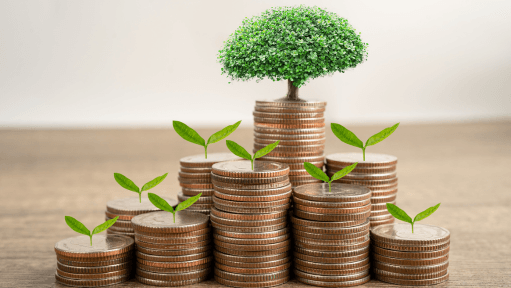
UAE tops Green Sukuk Market, Securing $10.7 Bn
The United Arab Emirates dominated regional green bond league tables, with sales reaching US$10.7 billion, up nearly 170 per cent and accounting for approximately 45 per cent of regional totals.
Data from Bloomberg’s Capital Markets League Tables has revealed that in 2023, annual issuances of green social, sustainable, and sustainability-linked bonds (GSSB) in the Middle East and North Africa (MENA) hit a new record of US$24 billion, an increase of 155 per cent.
This increase was driven primarily by growth in the UAE and Saudi Arabia, which accounted for 77 per cent of total regional issuances.
The year in which the UAE hosted the 28th United Nations Climate Change Conference (COP28) was notable for the large number of debut sustainable debt issuances from the country’s corporates and government entities, which amounted to US$7.95 billion in total.
The 11 debut green issuers included bonds or sukuk from DP World sukuk (US$1.5 billion), Sharjah government (US$1 billion), TAQA (US$1 billion), Emirates NBD (US$750 million), Masdar (US$750 million), Mubadala (US$750 million), Aldar sukuk (US$500 million), Commercial Bank of Dubai (US$500 million) and, Five Holdings (US$350 million), in addition to green Sukuk from Dubai Islamic Bank (US$750 million) and Abu Dhabi Islamic Bank (US$500 million).
Meanwhile, Saudi Arabia accounted for 32 per cent of total regional volumes, up 69 per cent year-on-year.
Saudi Arabia’s Public Investment Fund was the region’s largest issuer in 2023, driven by issuances of US$5.5 billion in February 2023.
Other notable Saudi issuers Bloomberg highlighted were Saudi National Bank (US$60.69 million), Saudi Electricity Company (US$1.2 billion) and Al Rajhi Bank (US$1 billion).
2023 was dubbed a “milestone year” for green Sukuk, with Islamic issuances accounting for more than a quarter of MENA totals for the first time.
Green Sukuks totalling approximately US$6.5 billion were issued in the MENA region in 2023. This represents more than half of all global green Sukuk, with notable sales by ADIB (US$500 million), DP World (US$1.5 Billion), First Abu Dhabi Bank (approximately US$350 million), Majid Al Futtaim (US$500 million), and Aldar (US$500 million).
Sukuk is an Islamic financial instrument that represents ownership in a tangible asset or a business venture. It operates on the principles of Islamic finance, where traditional interest-based transactions are prohibited. Sukuk holders receive a share of the profits generated by the underlying asset.
Green finance refers to financial instruments or investments that support environmentally sustainable projects. Green sukuk, in this context, would be Islamic bonds specifically issued to finance projects with environmental benefits. These projects could include renewable energy initiatives, energy efficiency projects, or other environmentally friendly ventures.
In recent years, there has been a growing interest in integrating Islamic finance principles with sustainable and ethical considerations. Green sukuk is one such example where the principles of Islamic finance are applied to fund projects that align with environmental sustainability.
For any enquiries or information, contact ask@tlr.ae or call us on +971 52 644 3004. Follow The Law Reporters on WhatsApp Channels.